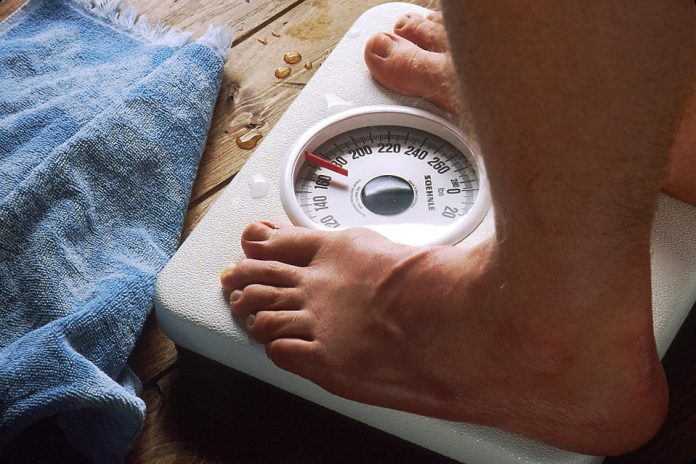By Justin Dhaliwal and Daniel Dhesa
Kin Korner is a health and wellness column by the students of Joanna Sheppard’s Kinesiology 360 class. Check back every week for a wide variety of tips and tricks on how to stay sane as a student in an insane world.
More people are thinking about their weight more frequently, whether they want to lose it or gain it. Take a second and think: every summer, you hear your friends or classmates say how they’d love to slim down, and show off their “summer body” at the beach. During the winter, you hear these same people talk about how they are going on a “bulk diet” to put on weight. The seasons have an influence on people who want to change their weight. However, there are some things to consider when doing this, as unhealthy and drastic weight changes can have adverse effects on the body. While health is the primary motivator for people to adjust their weight, self esteem is also a strong driver.
Let’s be clear, there is nothing wrong with wanting to adjust your weight. We all have an ideal image in our minds of how we want to look. How does that image come about? A study in the academic journal Health found that people who have been upset with their body weight are more likely to act and make a change. We all should be (and most likely are) aware of the health benefits of maintaining a healthy weight: reduced risk of heart complications, lung problems, and diabetes just to name a few. Maintaining a healthy weight is a multifactorial concept.
Two important terms to know are body mass index (BMI), and calories. BMI is a scale which assigns you a number based on your weight and height. You can easily calculate your BMI online. Calories are units of energy, which don’t have to be confusing or intimidating. Simply, if you eat more calories than you burn in a day, you will gain weight, and if you eat less, then you will lose weight. However, the type of calories consumed does matter. For example, empty calories are something to be aware of. What is an empty calorie, you might ask? An empty calorie is a calorie that is not nutritiously dense. In layman’s terms, a empty calorie is a calorie that will be stored as fat by the body, in addition to providing insufficient nutrients. Examples are chips, pastries, or any junk food. Exercise is the only way we can burn excess calories if the ultimate goal is to lose weight. If the ultimate goal is to put on healthy weight, then, in addition to eating in a caloric surplus, the calories must nourish the body to synthesize muscle. With this knowledge, and a balanced workout regimen, your optimal weight can be reached in no time, regardless of whether you’re planning to gain or lose.
Research studies conclude that younger females are more prone to and affected by self-esteem and self-image issues. These issues can lead to eating disorders such as anorexia and bulimia. Interestingly, some types of eating disorders are not always about losing weight, but can be about gaining weight as well. Whether you want to lose weight or gain weight, you should familiarize yourself with the methods, techniques, and overall knowledge on how to reach your goal in a healthy manner. The key is to get healthy without causing harm.


